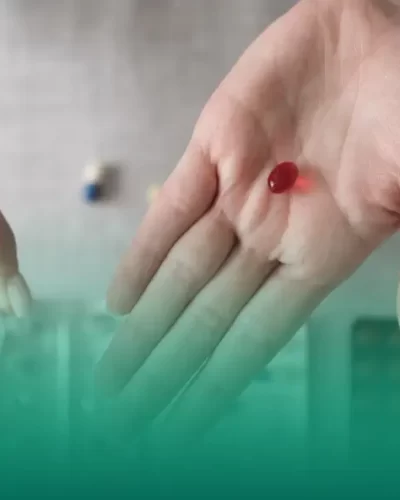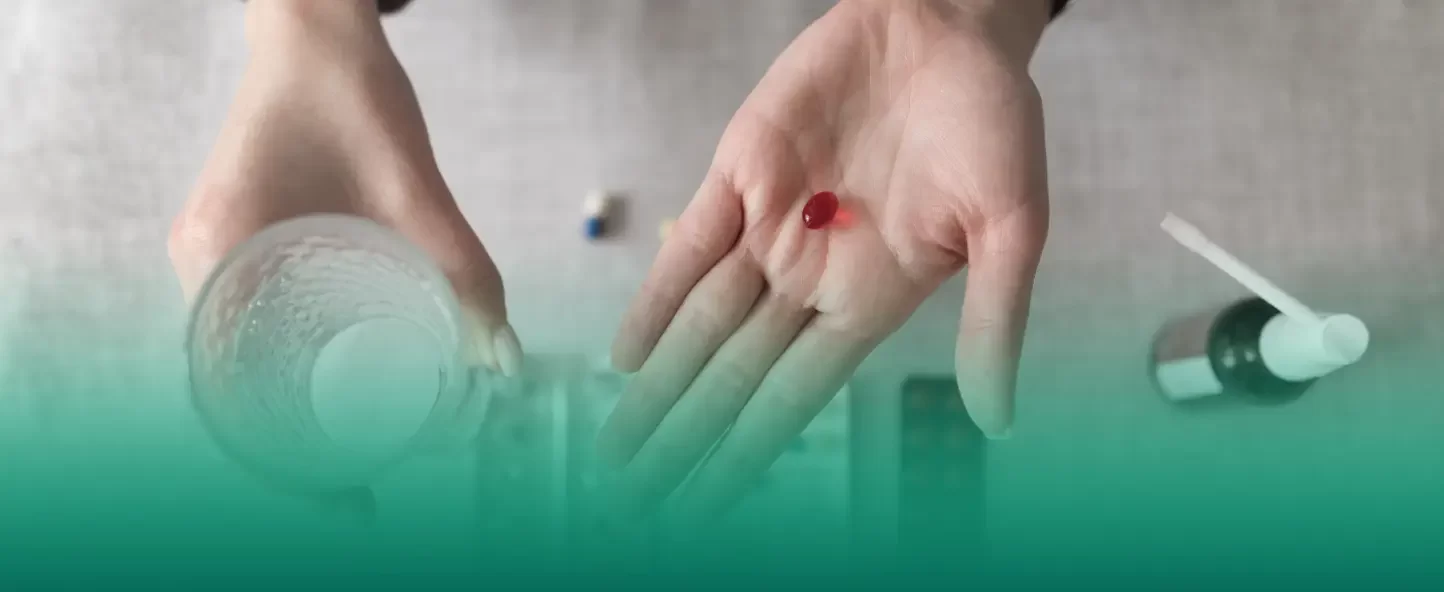Don’t forget to write it down!
These medicines lack scientific evidence according to international standards. Many of them are widely used in the CIS countries, while homeopathic remedies and dietary supplements are actively sold in the West.
It is important to understand that the lack of scientific evidence does not mean automatic rejection of these drugs. Here are several groups of medications whose effectiveness has not been confirmed:
Homeopathic remedies: Some of them, such as oscillococcinum, traumeel, anaferon, ergoferon, impaza, tenoten, subetta, proproten-100, are widely used, but their effectiveness is questionable.
Immunomodulators and immunostimulants: Drugs such as polyoxidonium, t-activin, thymalin and thymogen are purported to improve immune function, but their actual benefits have not been supported by research.
Antiviral agents: Although ingavirin and amiksin are widely used to treat viral infections, their effectiveness requires further research.
Hepatoprotectors: Drugs such as Essentiale, Carsil, artichoke extract, glycyrrhizin, and pumpkin seed oil are used to protect the liver, but their benefits have not been demonstrated in controlled clinical trials.
Chondroprotectors: Chondroitin, glucosamine and hyaluronic acid are used to support joint health, but the effectiveness of these drugs is a matter of debate.
Nootropics: Piracetam, GABA, hopantenic acid, phenibut, glycine, Cerebrolysin and Cortexin are marketed as cognitive enhancers, but their effectiveness requires confirmation.
Dietary supplements: For many dietary supplements, there is not enough research to confirm their effectiveness and safety.
However, it is recommended that you consult your doctor before taking any medication or dietary supplement.






